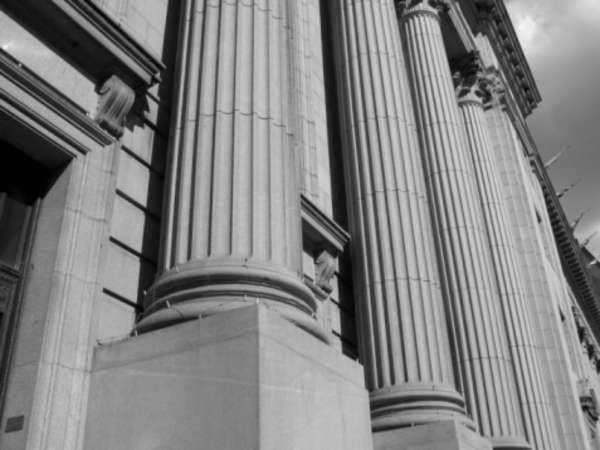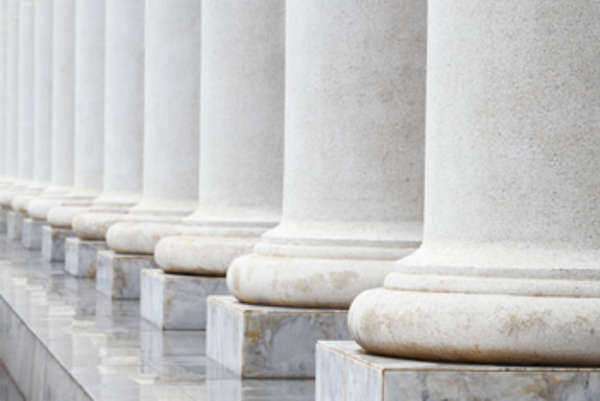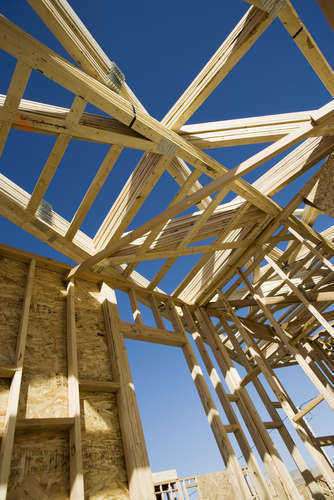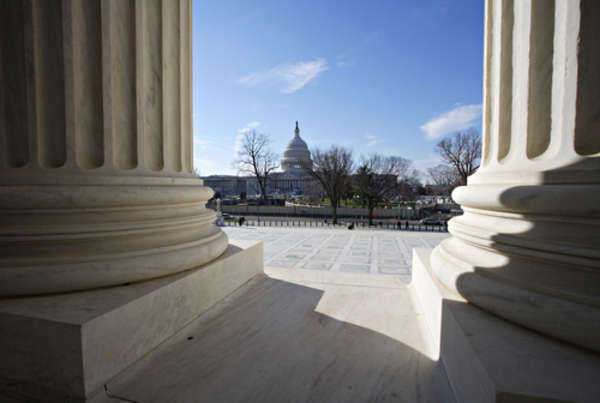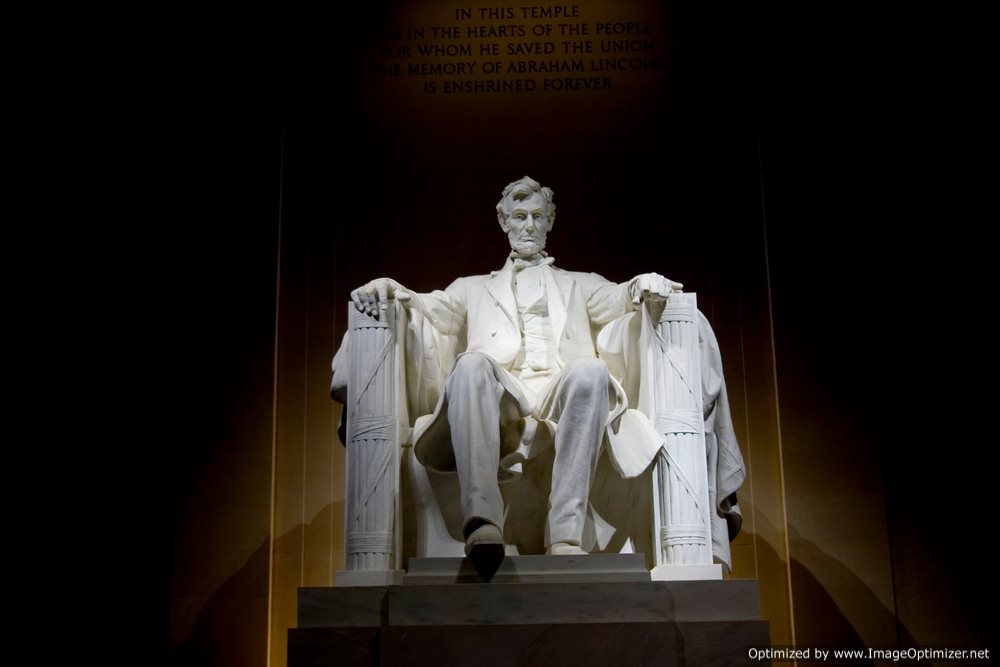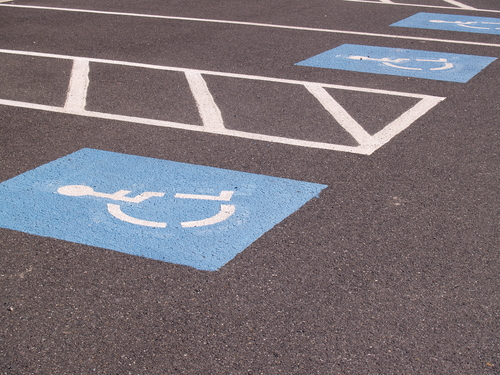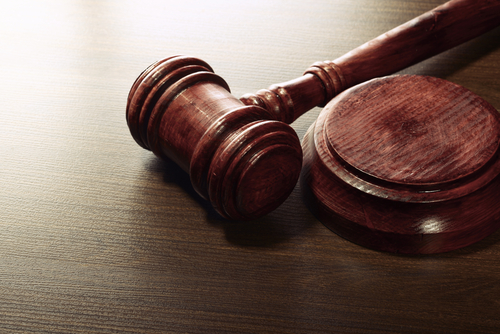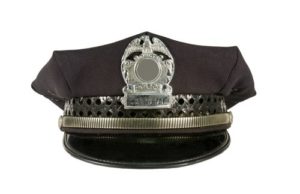National Collegiate Athletic Association
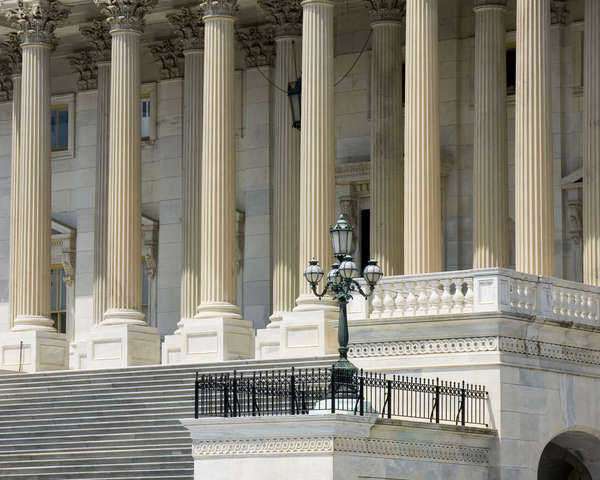
National Collegiate Athletic Association
The National Collegiate Athletic Association (commonly abbreviated NCAA) is a private non-profit organization which organizes intercollegiate athletics in the United States and Canada. Founded in 1905, the National Collegiate Athletic Association has been involved in several controversial lawsuits.
One major case involving the National Collegiate Athletic Association occurred in the 1984 Supreme Court case of NCAA v. Board of Regents of Univ. of Oklahoma. The case concerned the right of member universities of the NCAA to negotiate their own television contracts concerning the broadcast of college football games. In 1953, the National Collegiate Athletic Association created a Football Television Committee whose purpose was to negotiate the broadcast of collegiate football games. This committee restricted the number of games of each school which could be broadcast, as well as stipulating that the proceeds generated by advertising revenue during these broadcasts would be split between the National Collegiate Athletic Association and the colleges in question.
Due to dissatisfaction with the terms negotiated and imposed by the Football Television Committee, several major football programs formed their own alternative organization, named the College Football Association, which proceeded to negotiate a new contract for its member schools with the NBC television network. The National Collegiate Athletic Association announced in response that schools participating in this contract would face sanctions in all of their sports programs. As a result, the University of Oklahoma and the University of Georgia filed a lawsuit in Oklahoma district court with the purpose of obtaining an injunction preventing such punitive actions.
After a series of lower court hearings, the case was argued before the Supreme Court in March of 1984. A ruling was issued in June of that year in favor of the College Football Association. In its majority ruling, the court that the actions taken by the National Collegiate Athletic Association constituted restrained its member schools for reasons that were not reasonable and which violated the Sherman Antitrust Act. The National Collegiate Athletic Association argued in court that its actions were justifiable because they made college football programs more competitive. However, the Supreme Court ruled that this was not the case.
As a result of this ruling, the National Collegiate Athletic Association lost total control of television broadcast rights, allowing schools to negotiate fees for the broadcast of their games. An initial decline in revenue generated was soon reversed.
Another lawsuit against the National Collegiate Athletic Association concerning antitrust laws occurred in 2007, when several former student-athletes filed a lawsuit claiming that the organization's restrictions on athletes receiving full scholarships was a violation of the law. They argued that if this restriction was lifted, schools could be competitive in offering complete scholarships in athletes, benefitting both the students and the school programs. The court ruled in favor of the students, thereby placing an end to these restrictions. However, controversy is still widespread regarding the perceived unresponsiveness of the National Collegiate Athletic Association to member complaints.



